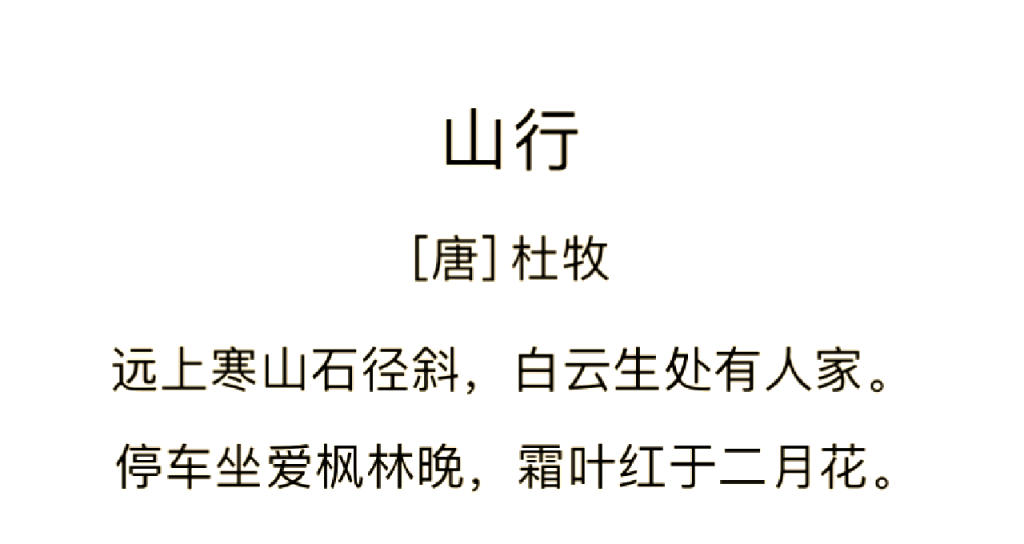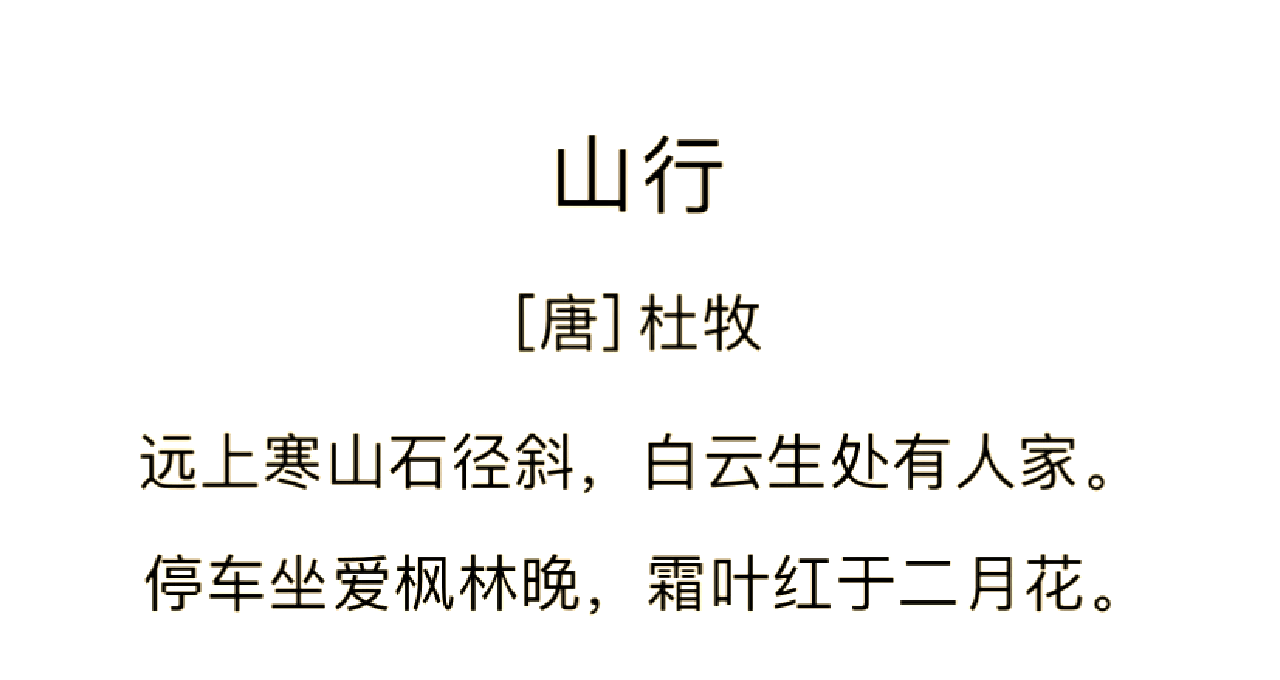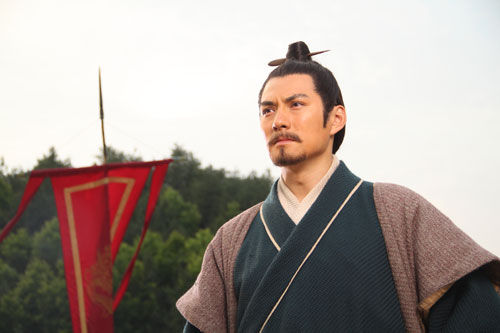Zhu Xi is regarded by history as the culmination of Confucianism, and his Neo Confucianism became the official philosophy of the Yuan, Ming, and Qing dynasties. He is another person in the history of Chinese education after Confucius.

But why is there a saying in later generations that Zhu Xi was a pseudo gentleman? Today, the History Encyclopedia editor brings you the story of XXX. Interested readers can follow the editor to take a look together.
This starts with the issue of his lifestyle. Zhu Xi proposed “upholding the principles of heaven and eliminating human desires
‘Human desires’ refer to desires that exceed human basic needs, such as selfish desires, lust, greed, etc. These desires need to be eliminated. However, Zhu Xi, who proposed this viewpoint, overturned it with practical actions.

According to Volume 37 of the History of Song, in the second year of Qingyuan, the censor Shen Jizu submitted a report to Emperor Ningzong of Song, accusing Zhu Xi of being a hypocritical gentleman with inconsistent words and deeds. He accused him of “luring two nuns into believing that he favored concubines, and every official would accompany him” and “having a pregnant woman without her husband”.
The meaning is that Zhu Xi took two nuns as concubines and even impregnated his own daughter-in-law after his son’s death!
This is the famous Qingyuan Party case in the history of the Southern Song Dynasty.
This can be said to be a great surprise to the world. Zhu Xi’s proposal of the principle of preserving heaven and eliminating human desires was already well-known at this time, but Zhu Xi made such a mistake, which is really difficult to understand.
According to the “Yijian Zhi”, when Zhu Xi served as the envoy of Changping in eastern Zhejiang, he once toured Taizhou. Due to the opposition of Tang Zhongyou’s Yongkang School to Zhu Xi’s Neo Confucianism, Zhu Xi sent six memorials to impeach Tang Zhongyou.
The third and fourth cases involve Tang Zhongyou and the geisha Yan Rui committing crimes against morality. An order was made to arrest Yan Rui, imprison her in Shaoxing, administer whipping, and force her to confess!
However, Yan Rui would rather die than comply. This matter was discussed by both the court and the public, shaking Emperor Xiaozong of Song. Emperor Xiaozong was very dissatisfied with this and ordered Zhu Xi to be transferred to Yue Lin, a descendant of Yue Fei, to be sent to prison and Yan Rui to be released.
Yan Rui suffered endless hardships and was able to release herself. She was on the verge of death several times.
Treating a woman in such a way is truly despicable.
However, is this really the case?
The answer is not!
Firstly, due to the doubts surrounding the Qingyuan Party case in later generations, it is possible that Zhu Xi did make some mistakes in his way of life. However, later generations often believe that Shen Jizu accused Zhu Xi of the “Ten Major Crimes” by using methods such as groundless accusations, shifting patterns, and fabricating facts.
The Qingyuan Party case was actually a rare and brutal purge of Neo Confucianism by the court elites, which was actually a political case and made later generations doubt its authenticity.
Moreover, there are many doubts about the Tang Youzhong Yan Rui incident in later generations. Mr. Wang Guowei’s “Words of the Human World” said that “many novels by the Song Dynasty are not trustworthy”, and he also mentioned Yan Rui’s “divination operator”, suspecting that it was “a propaganda work by Tang Zhongyou Qi Gao.
The reason why Zhu Xi was labeled as a pseudo gentleman is actually due to his offending the ruling elites and thus being smeared!
When Zhu Xi was an official, he was very diligent in governance and did many admirable things. When Zhu Xi first entered the officialdom, he proposed to Emperor Xiaozong to oppose peace negotiations, improve political practices, and oppose favoritism and flattery towards courtiers.
This directly offended the current prime minister of the pro peace faction, Shi Situi, so Zhu Xi was not given much importance.
In the fourth year of the Qiandao reign, a flood occurred in Chong’an. Zhu Xi strongly urged the wealthy gentry to distribute Tibetan grain to alleviate hunger, and also requested a loan of 600 bushels of grain from the government to distribute to the people, saving the lives of many famine victims.
In the later period, the trend of land consolidation prevailed, and bureaucratic landlords relied on their power to annex farmers’ farmland, intensifying class contradictions. Therefore, Zhu Xi put forward a series of proposals to reduce the burden on farmers.
But it was not adopted because it touched upon the interests of the landlord class, and it also offended a large number of landlord classes.
What is even more difficult and valuable is that Zhu Xi also proposed to limit the abuse of monarchical power by rectifying the ruler’s virtue. In an era where absolute monarchy was prevalent, which emperor would dare to propose limiting monarchical power?
This naturally caused dissatisfaction among Emperor Ningzong of Song and his ruling relative Han Xizhou, so Zhu Xi resigned with honor.
Soon after, the Qingyuan Party ban occurred, and there began to be an exploration of Zhu Xi’s lifestyle.
From this perspective, the reason why Zhu Xi was considered a pseudo gentleman by some people in later generations is precisely because he offended the ruling elites, coupled with the fact that his lifestyle may have some minor problems, which led to the amplification and problematization of political struggles.




